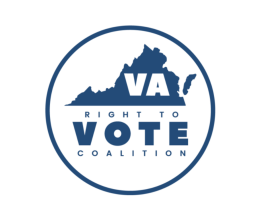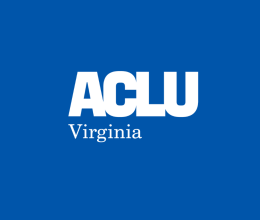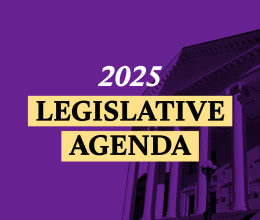The ACLU of Virginia, along with the ACLU, the League of Women Voters of Virginia, and the National Black Nonpartisan Redistricting Organization, filed an amicus brief in the Supreme Court of Virginia in a case involving a challenge to House Bill 1255 (2020), a bill which set standards and criteria that the Virginia Redistricting Commission must follow when drawing new legislative districts, including the end of prison gerrymandering.
In 2020, the General Assembly passed and placed before voters a constitutional amendment establishing an independent redistricting commission. In the same year, the General Assembly also passed House Bill 1255 which laid out standards and criteria for the proposed redistricting commission. Among other requirements, H.B. 1255 ended “prison gerrymandering,” or the practice of counting incarcerated people in the districts where they are incarcerated for the purposes of redistricting and reapportionment. The practice artificially inflates the political power of disproportionately rural districts that have opted to build prisons at the expense of the disproportionately urban and suburban, and far more diverse, districts from which incarcerated people hail. The bill requires that incarcerated people be counted at their address immediately prior to incarceration, provided that address is in Virginia. Petitioners argue that the redistricting commission cannot use any of the statutory criteria in H.B. 1255 when they redraw districts because the Constitutional Amendment lays out the exclusive criteria for redistricting. While petitioners challenge the Commission’s use of each of the statutory criteria in H.B. 1255, our amicus brief focuses on the issues relating to prison gerrymandering.
This issue is of particular importance to the ACLU of Virginia given our advocacy around a guaranteed right to vote and bringing an end to felony disenfranchisement. Felony disenfranchisement exacerbates the democracy-distorting impact of prison gerrymandering because incarcerated persons are not only used to inflate prison districts for the purpose of apportionment, but they are unable to have say in local electoral politics of either their prison districts or the communities from which they hail. Further, the elected representatives from prison districts are beholden not to incarcerated people or their families—who cannot vote for them and generally live elsewhere in the Commonwealth—but to the correctional officials and employees whose livelihood depends on the continued existence of the prisons and the disenfranchised prisoner populations who expand their political clout. Ending prison gerrymandering helps correct that distortion, increases political accountability, and removes an incentive for rural areas to build large prisons to gain political power.





